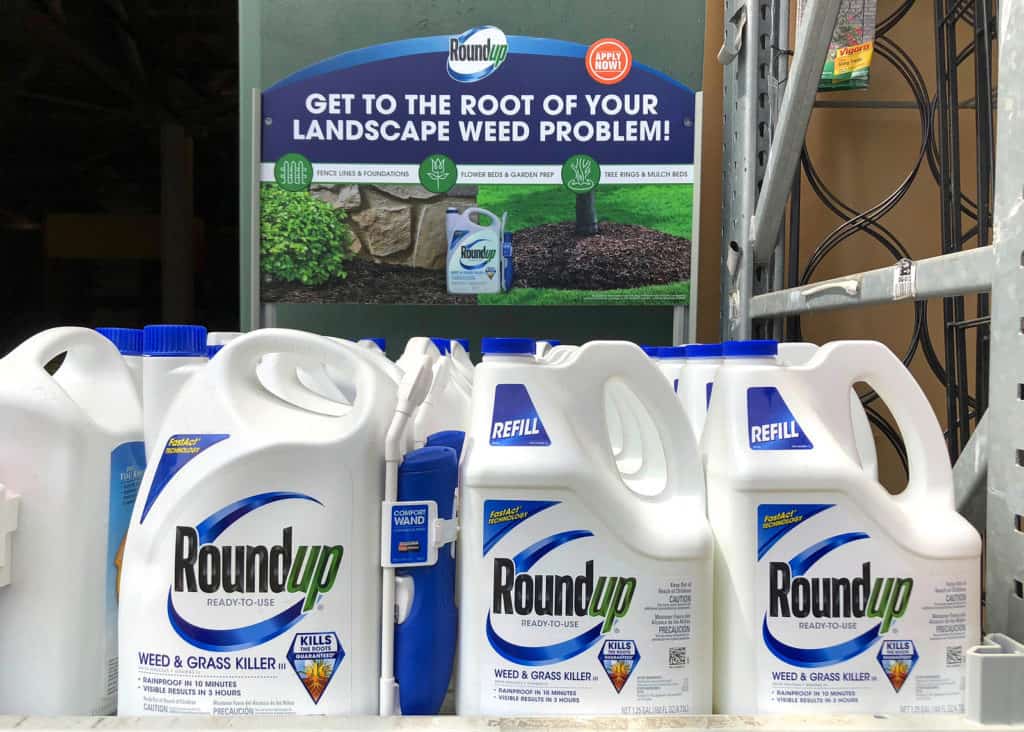Traces of Roundup weed killer have been found in the popular cereals Cheerios and Quaker Oats, says Environmental Working Group (EWG), an advocacy group that assess chemicals in consumer products.
The group released the results of a test conducted on popular food products, like Cheerios, Kind Bars, Lucky Charms, Nature Valley bars and more. The purpose of the test was to determine whether any of these products contained glyphosate, the active ingredient in Roundup weed killer.
The EWG tested 16 samples of organically grown oats and 45 samples of conventionally grown oats. In 43 out of 45 of the conventional samples, glyphosate was detected. In 31 of those 43 cases, glyphosate levels were above the EWG’s benchmark level of 160 parts per billion. Among the organically grown oats, 5 of the 16 products contained glyphosate, but none were near the 160-parts-per-billion mark.
Among all the products tested, Quaker Old Fashioned Oats had some of the highest levels of glyphosate, with levels topping out over 1,000 parts per billion. Three of the Cheerio samples had levels between 470ppb and 540ppb. Two samples of Lucky Charms were tested and were found to have levels of 400ppb and 200ppb respectively.
Kind Vanilla, Blueberry Clusters with Flax Seeds had levels of 50ppb and 60ppb in the testing, while Nature Valley’s Granola Protein Oats ‘n Honey had 220ppb and 170ppb in the testing.
Some of the organic samples had no traces of the chemical, including Simple Truth Organic Instant Oatmeal and Kashi’s Heart to Heart Organic Honey Toasted cereal.
Glyphosate, the main ingredient in Roundup, has been the center of controversy. A jury recently awarded a man $289 million in a lawsuit against Monsanto, maker of the herbicide, who claimed that the chemical caused him to develop non-Hodgkin’s lymphoma.
Roundup is the most heavily used pesticide in the United States. An estimated 250 million pounds of the herbicide are sprayed on American crops to keep weeds down. It’s often sprayed before harvest, which leaves traces of the chemical on the food.


